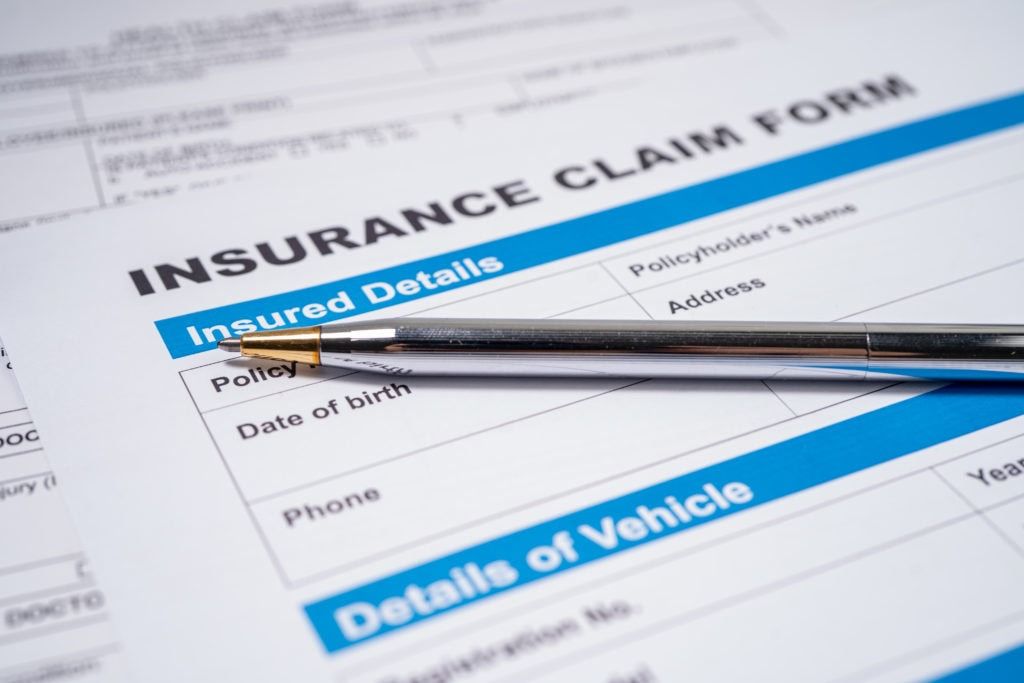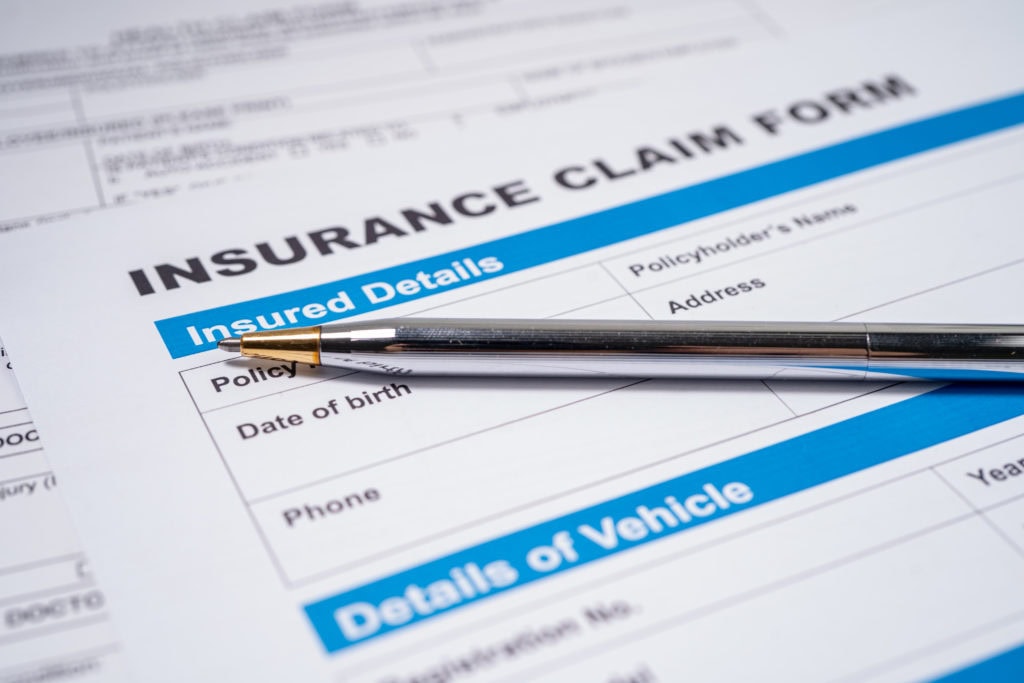Is it a Crime to Drive Without Insurance?


In Ontario, all vehicle owners must adhere to the legal requirement of having valid insurance for their vehicles, with the responsibility of ensuring this insurance is valid and up-to-date falls on the driver. Although it is an offence under the Compulsory Automobile Insurance Act of Ontario to drive in Ontario without car insurance, it is not considered a criminal offence, as per the Criminal Code of Canada.
Legal Responsibility of Vehicle Owners
Civic Duty and Insurance Obligations
Taking the matter of driving without insurance quite seriously in Ontario, a key reason behind the necessity of insurance lies in the driver’s civic duty to be able to pay for damages caused to someone else’s property or in the event of causing injury to someone. This requirement stipulates that all motor vehicles must have, at the very least, third-party liability coverage. This means that the insurance policy purchased by an individual covers any damages caused to another party, or the third party, due to fault by the insured, which is the individual who purchased the policy.
Minimum Third-Party Liability and Coverage Limits
According to law, a driver must have at least $200,000 in third-party liability. However, a trend among most drivers is opting for $1 million or $2 million. Drivers must always be prepared to show proof of insurance when stopped by the police, especially if the officer requests it. There are instances when, if a driver does not have proof of insurance during a stop, the officer may allow the driver up to 48 hours to go into the nearest police station and provide proof of insurance. This is not an obligation for the police officer, but rather a courtesy extended.
Consequences of Driving Without Insurance in Ontario
Vehicle insurance payments are typically made every month. Despite appearing costly, the financial consequences of driving without insurance are significantly severe. Driving without insurance is an uncompromising serious offence with stern penalties looming for convicted drivers.
Penalties for First-Time and Second-Time Offenders
These penalties encompass a fine between $5,000-$25,000 for a first-time conviction, and a fine between $10,000-$50,000 for a second-time conviction. More so, the driver may face possible licence suspension for up to one year, the possibility of car impounding for up to three months, and an addition of a 25% victim fine surcharge added to whatever fine is levied by the court as dictated by The Provincial Offences Act.
Challenges in Providing a Defence
Upon being charged with driving without insurance, providing a defence becomes exceedingly challenging. Whether a driver claims ignorance of their insurance expiry or unawareness of the need for insurance, such justifications are deemed unacceptable.
The driver’s responsibilities include ensuring the validity and updated status of their vehicle’s insurance. These sorts of claims might marginally reduce the fine that a driver has to pay. However, the personal liability that burdens the driver in the event of an accident where they must pay for damages done and potential injuries sustained remains undiminished.
Compulsory Automobile Insurance Act of Ontario
The Compulsory Automobile Insurance Act of Ontario houses information about driving without insurance. As stated in Section 2 of the Act, subject to the regulations, no owner or lessee of a motor vehicle shall operate the motor vehicle or cause or permit the motor vehicle to be operated on a highway unless the motor vehicle is insured under a contract of automobile insurance.
Consequently, Section 3 of the Act outlines the punishments associated with driving without insurance. Every owner or lessee of a motor vehicle who contravenes subsection (1) of this section or subsection 13 (11) or surrenders an insurance card for inspection to a police officer when requested to do so, purporting to show that the motor vehicle is insured under a contract of automobile insurance when the motor vehicle is not so insured is culpable.
The penalty for such an offence on a first conviction ranges from a fine of not less than $5,000 and not more than $25,000 and on subsequent convictions to a fine of not less than $10,000 and not more than $50,000. In addition, the driver’s licence may be suspended for a period of not more than one year.
Understanding the Consequences of Driving Without Insurance
Driving without insurance in Ontario is a serious offence under the Compulsory Automobile Insurance Act, though it is not a criminal offence under the Criminal Code of Canada. All vehicle owners are legally required to carry valid insurance, and failure to do so can result in significant financial penalties.
If you have been charged with driving without insurance, securing legal representation can help explore your options and minimize the impact on your finances and driving record. Pyzer Criminal Lawyers has the experience to guide you through the legal process and protect your interests. Contact us today for a confidential consultation.

Jonathan Pyzer, B.A., L.L.B., is an experienced criminal defence lawyer and distinguished alumnus of McGill University and the University of Western Ontario. As the founder of Pyzer Criminal Lawyers, he brings over two decades of experience to his practice, having successfully represented hundreds of clients facing criminal charges throughout Toronto.




